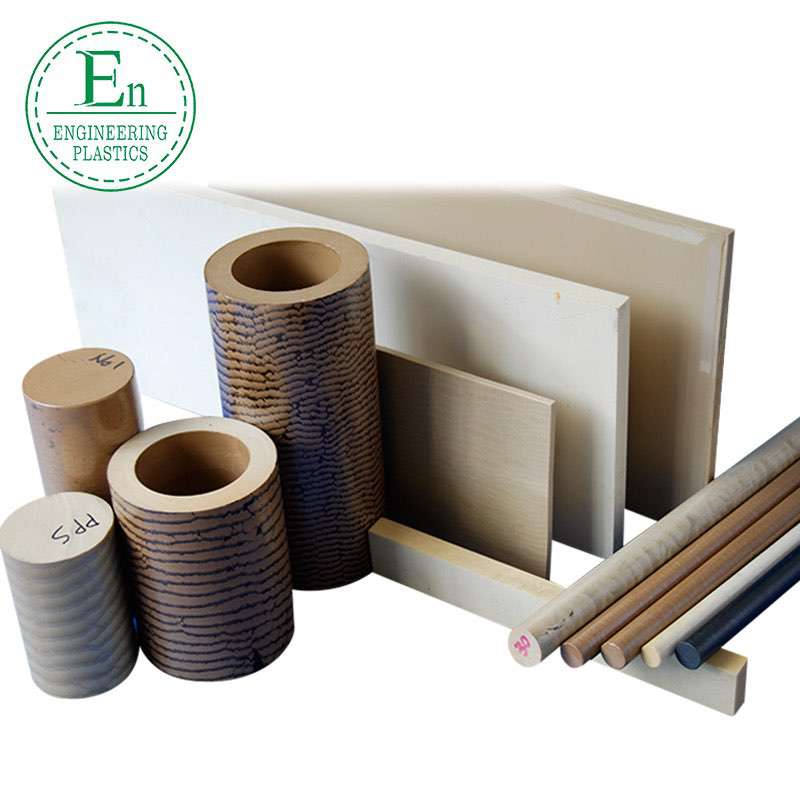
Optimising plastic injection moulding through artificial intelligence
guangzhou engineering plastic news
Around 8 000 companies employing tens of thousands of people across

Europe are involved in plastic injection moulding. Many of them are small and medium- sized enterprises producing everything from packagin mate
rials and shoes to high-precision car and air craftparts. But rising competi
tion from emerging markets and demand for more customised products
and smaller production batches is squeezing the profitability and viability
of many firms.
“The European plastic converters industry needs to optimise productivity rates while increasing quality levels. It also has to contend with producing
a higher diversity of plastic pieces from a greater variety of moulds to meet the more customised and diverse requirements of end users,” explains
Liceth Rebolledo of Fundació Privada Ascamm in Spain.
Rebolledo is coordinating the EU-funded project that is helping plastic inje
ction firms and mould makers address these mounting challenges through the use of advanced artificial intelligence. The technology prom ises to incr
ease productivity by up to 15% by reducing set-up times for each new pro
duction run from a new mould, cutting scrap and energy consumption from
defective production in half, and substantially lowering costs for plastic converters.
Creating and using a new mould is a complex process, requiring careful design and material selection, accurate adjustment of machine parameters, and often embedding quality control sensors, particularly for high-precision and high-performance parts. Traditionally, extensive test production is then needed to ensure products meet end-user requirements. But testing each new mould with this ‘trial
-and-error’ approach is time-consuming and costly: around 5% of parts produced from a new mould are scrapped until the design and production process is optimised.“Set-up times were not a huge issue in the past when a single mould design was used for mass production and had a lifecycle of 5 to 10 years, but with more customised designs and smaller batches it is becoming a significant challenge,” Rebolledo says.
The Des-MOLD system reduces set-up times by optimising the whole process, from defining the desired features, material properties and geometry of the part to be manufactured to the design of the mould and machine parameters, while also providing process control through sensors in the moulds and injection machines. Currently, many of these processes rely on the knowledge of expert designers and engineers, often helped by technologies that focus only on specific parts of the production chain.One of the key innovations of Des-MOLD is to fuse and correlate information about all the variables in the fabrication process, much of it drawn from human expertise as well as computer simulations, into a comprehensive knowledge-based system using both computational argumentation and case-based reasoning to guide production. As a flexible, scalable and modular system, it is designed to easily integrate into plastic injection and mould-making firms’ existing production platforms.
Contact us - Phone:+86-020-82036986 Email:[email protected]